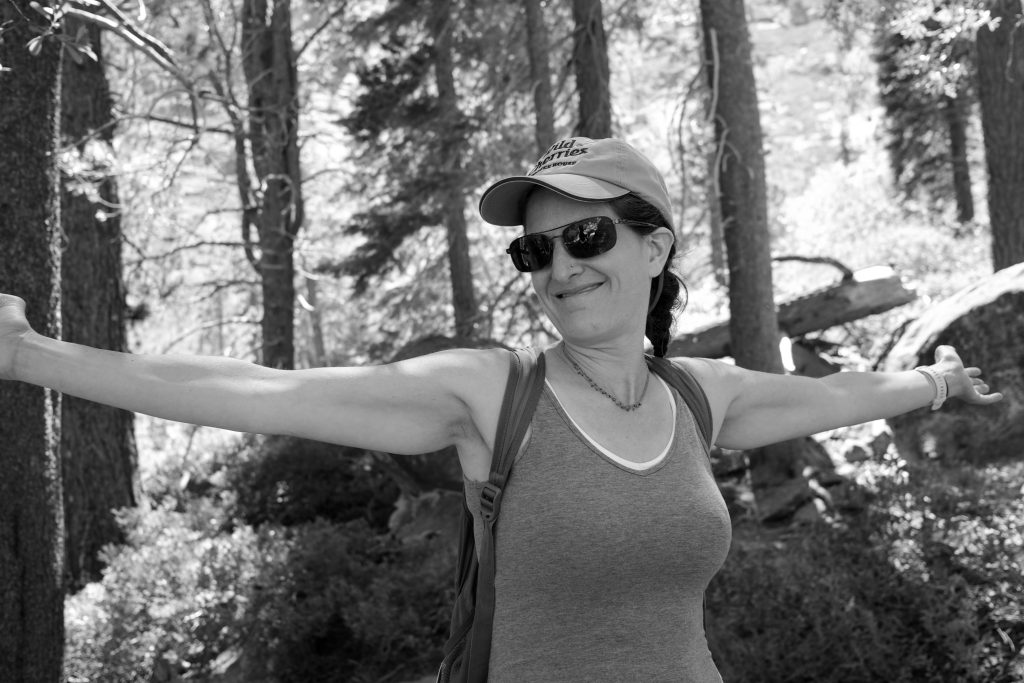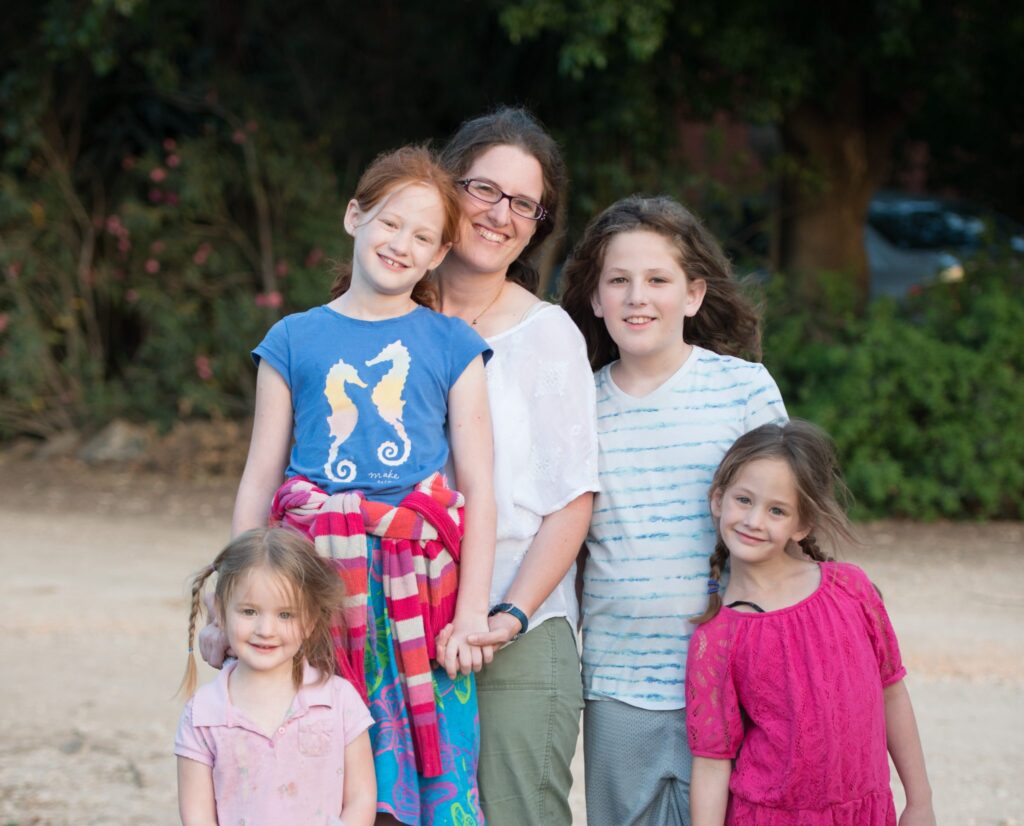
Reviewer’s Corner: Save the Cat!
These 15 beats are present everywhere that there is good storytelling. Blake Snyder didn’t make the rule that stories have to be about a protagonist’s personal transformation. He simply noticed that an audience won’t feel complete unless it happens.









